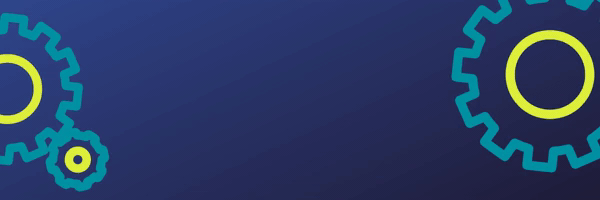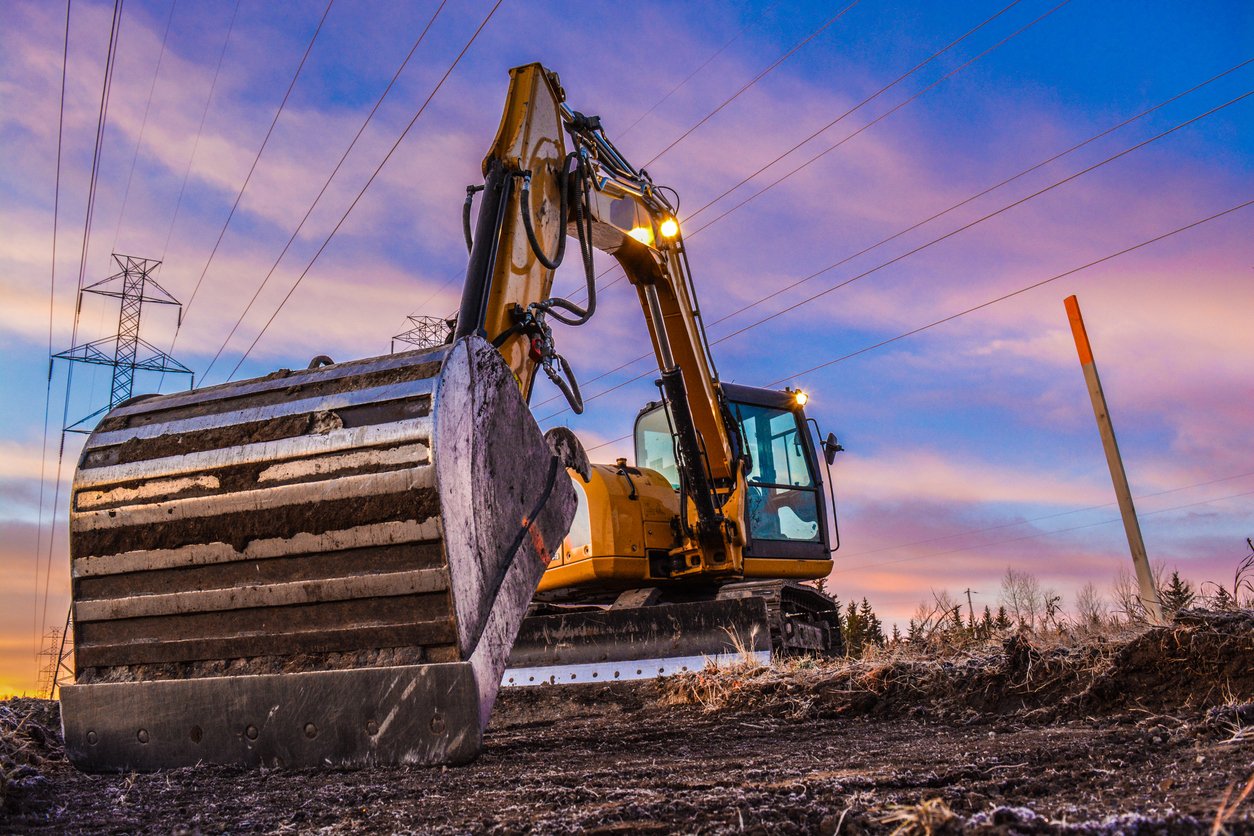Human Resources manage people, right? They should. But often, they are managing a whole heap of forms and documents rather than addressing the human.
For projects to be completed, HR departments must ensure the projects have sufficient human resources, with the correct skill-sets and experience.
While documenting project roles and responsibilities is paramount, often HR managers are up to their ears in training and onboarding paperwork, making their job overwhelming.
So what exactly are the roles and responsibilities of HR in a construction company? We will outline the core responsibilities of your HR department so you can help them focus on what moves your company and teams forward, rather than limiting progress.
The Core Roles and Responsibilities of HR in a Construction Company
It can be tempting to lump anything to do with employees in the laps of HR managers and their departments. Still, many HR departments are small in the construction industry and have yet to embrace technology at scale.
While you’re working on getting those systems set up, especially in the wake of the pandemic, it might be wise to clearly define and streamline the roles and responsibilities of your HR department.
Role Analysis and Specification
Construction is often project-based. HR departments collaborate with project managers, contractors, and others to determine which roles need to be filled for any given project. They also detail processes for projects to assess labor needs.
It can be a rushed process as construction projects are awarded after bidding and might need to start immediately. Working with agencies that have a bench of skilled tradespeople makes HR departments’ jobs easier.
Recruitment and Selection of Staff as Required
HR professionals seek and recruit qualified and experienced trade workers with the necessary skills. They need to use a vast talent pool, especially for niche roles and specialized jobs.
Several organizations might be involved in the project, so communication is vital and more straightforward with technology-based systems.
Construction companies tend to hire contractors and subcontractors for different stages of a project. This transient workforce gives greater flexibility but makes training and long-term planning difficult for HR departments.
Ensuring Equal Opportunities
HR in the modern climate takes diversity very seriously and looks to provide equal opportunities for tradespeople from all walks of life. Projects bring together individuals in a wide variety of roles, starting with laborers up to project managers.
The older generation might have a different outlook on younger workers, which can cause tension in the workplace.
It can be challenging to manage people from diverse backgrounds, nationalities, and cultures, and starts at the top of a company, with diversity policies rolled out through HR.
HR should assist in applying for and certifying WOTC hires (workforce opportunity tax credit). It not only employs workers who have "consistently faced barriers to employment", such as minorities, veterans, and ex-cons, but it also helps the business come tax time.
Eligibility to work is also a responsibility as HR should have on file an I-9 form for any worker who needs verification of their identity and authorization to work in the United States.
Training and Development
HR departments ensure that employees are adequately trained for working on-site, skilled with the necessary machinery, and adhere to safety standards.
Once employees are onboarded, HR focuses on continued development, on-site training, and team togetherness. This process can be streamlined and more effective through online training, employee portals, and open communication.
Payroll and Benefits
HR handles the day-to-day lives of employees. They create and maintain payroll records, calculate wages and applicable deductions based on employee attendance and timesheet records, and answer any queries around 401ks and retirement plans, all to ensure employees are appropriately compensated for their time on the job.
HR also helps their company offer competitive pay by researching compensation rates in the industry and either matching or improving upon them.
They research healthcare plans and other benefits to put employees at ease and entice them (especially in the construction industry where health is paramount).
Unemployment of workers is also addressed, where HR assists in rounding off peaks of projects with assisting in getting the right worker for the job and scheduling them out in advance for future jobs.
Employee Safety
Workers are surrounded by hazards, including machinery that can cause injury or death.
Throughout the onboarding process, HR marries in-depth training with safety procedures.
Safety oversights and lackluster training might bring financial disaster through medical expenses, rising insurance premiums, and lost productivity leading to the need to hire replacements, possible lawsuits against the company, and damage to its reputation.
There is also the OSHA temporary standard released in November of 2021 and how the company will roll out the regulations regarding COVID-19 vaccination.
Communicating with Unions
Construction organizations face project deadlines which means they often risk employee satisfaction and health to finish projects on time.
With construction being one of the most unionized sectors in the US, HR staff will constantly communicate with union representatives regarding pay, benefits, hiring, and terminating workers.
Building relationships is essential.
Resolving disputes between contractors, construction managers, and workers will also involve liaising with union representatives.
Evaluating Performance
Hiring skilled tradespeople, especially in niche markets, comes at a cost.
The most talented workers will require compensation that matches their skill sets, especially as projects evolve. HR staff will weigh performance against pay and compensation to ensure both parties are happy with what’s on the table.
The Most Important Role of HR in the Construction Industry
The most critical role of HR is to foster the workforce to achieve theirs and the companies’ goals to maximum satisfaction.
To grow, it needs to hire and support its employees in developing their skills proactively.
Career development keeps tradespeople wanting to work for you. Honing skills, on-the-job training, and a clear career path will entice tradespeople to stay with your company. HR departments can facilitate the training and development programs needed to make this happen.
Industrial Skilled Trades can take on some of the stress HR departments face by working with contractors, by building a plan to ensure you have the correct workforce levels throughout your project.
With a community of skilled tradespeople, IST will help you bring the right people who already know how to work in a team environment and are committed to upholding outstanding craft and safety standards.

.jpeg)
-1.jpg)
